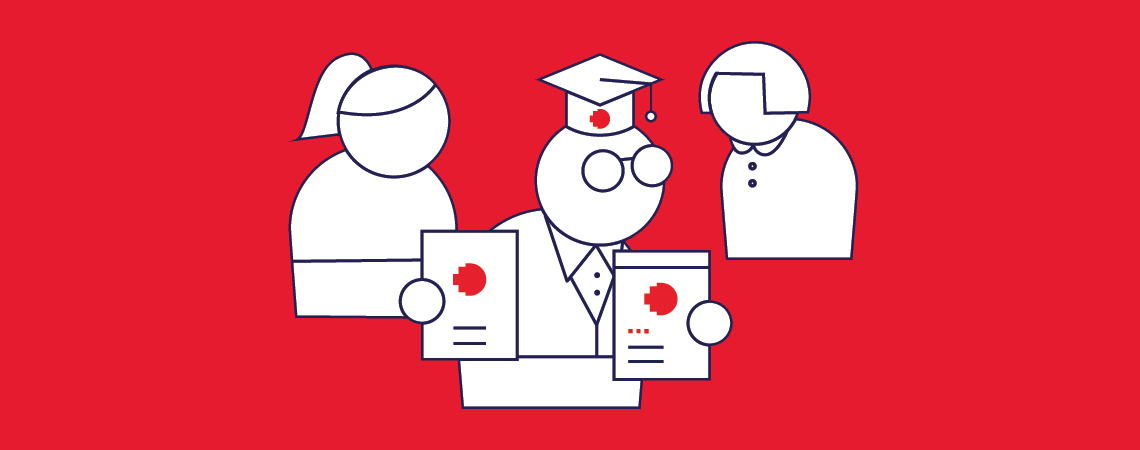The School of Engineering has an Industry Advisory Committee and strong links are maintained with industry, organisations and government departments concerned with civil engineering.
Members of the Industry Advisory Committee have contributed to the initial development and ongoing improvement of this degree. Their involvement ensures that the degree remains relevant to your needs as a graduate, and to the needs of employers.
Many of the teaching staff are (or have been) practising industry professionals with extensive industry experience and contact networks. This experience, when integrated into teaching and learning practice, enriches your learning environment and networks.
These networks are further enhanced by the School's Work Integrated Learning program, which provides you with an opportunity to experience project-based teaching modes in several subjects.
In your first year, you wil have the opportunity to participate in an industry project run through Engineers Without Borders (EWB). The EWB Challenge provides you with the opportunity to learn about design, teamwork and communication through real, sustainable cross-cultural development projects. You'll have the opportunity to design creative solutions to real-world problems.
In the third and final year of your studies, you will undertake a major project that is either industry-based or simulates an industrial situation. This will involve working with industry leaders to solve a project challenge.
Before graduating, you are strongly encouraged to complete at least 10 weeks of engineering industry experience. This allows you to gain first-hand experience in an engineering practice environment under the supervision of a practising professional engineer.
There may also be opportunities for an overseas work placement of between six and 12 months.







